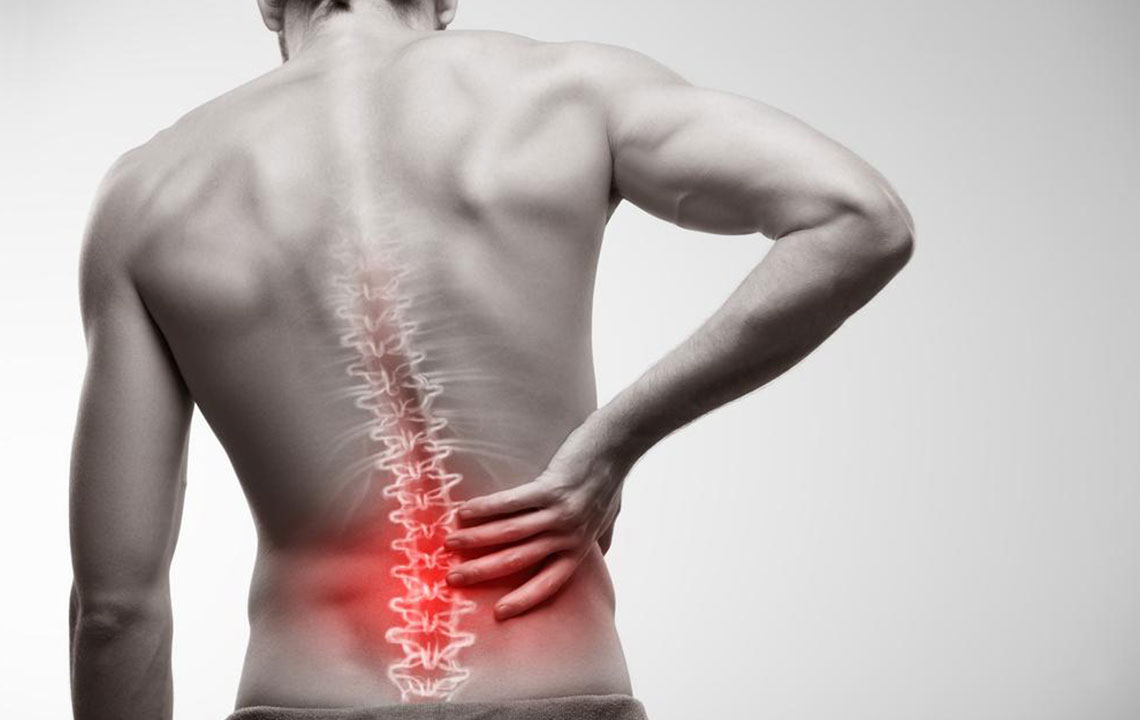Comprehensive Strategies for Managing Symptoms of ALS: A Guide for Patients and Caregivers
Learn about comprehensive approaches to managing ALS symptoms. This detailed guide covers physical therapy, respiratory support, occupational therapy, and speech therapy, helping patients maintain independence and improve their quality of life despite the progressive nature of ALS. Discover tailored strategies and emerging therapies that support living well with this challenging neurodegenerative disease.

Comprehensive Strategies for Managing Symptoms of ALS: A Guide for Patients and Caregivers
Amyotrophic Lateral Sclerosis (ALS), commonly known as Lou Gehrig’s disease, is a devastating neurodegenerative condition that progressively deteriorates motor neurons in the brain and spinal cord. As these nerve cells degenerate, they lead to significant muscle weakness, loss of voluntary muscle control, and severe physical disability. Recognizing and managing the spectrum of symptoms associated with ALS is crucial for improving patient quality of life and maintaining independence for as long as possible. While a definitive cure for ALS does not currently exist, a comprehensive management plan involving various therapies can mitigate symptoms and enhance daily functioning.
This detailed guide discusses the most effective approaches for symptom management in ALS, emphasizing therapy options tailored to individual needs. These strategies aim not only to alleviate discomfort but also to preserve communication, breathing, and motor skills, thereby empowering patients and caregivers in their journey with this progressive disease.
Key management approaches include:
Physical Therapy: Physical therapy remains the cornerstone of ALS symptom management. It helps maintain muscle strength, improve mobility, and reduce pain through customized exercises. This therapy focuses on gentle stretching, strengthening routines, and techniques to prevent contractures and joint stiffness. Additionally, physical therapists educate patients on adaptive movements to optimize daily activity performance and minimize fatigue. Incorporating pain management strategies is also essential, especially as muscle weakness and spasticity can cause discomfort over time.
Respiratory Support: As ALS advances, muscle weakness extends to respiratory muscles, leading to breathing difficulties. Respiratory support is vital to ensure adequate oxygenation and prevent respiratory failure. Common interventions include the use of non-invasive ventilation devices such as BiPAP (Bilevel Positive Airway Pressure) machines, which assist with breathing during sleep and during periods of fatigue. In later stages, invasive ventilation methods like tracheostomy may be considered. Regular respiratory assessments are crucial to monitor lung function and adapt interventions as needed.
Occupational Therapy: ALS often impairs fine motor skills, making everyday tasks like dressing, feeding, and grooming challenging. Occupational therapists assist patients in developing adaptive techniques and recommend specialized tools to maintain independence. This may include modified utensils, dressing aids, and communication devices. The goal is to optimize remaining motor functions, adapt the living environment to minimize hazards, and promote self-care activities, which are instrumental in preserving dignity and autonomy.
Speech Therapy: Speech and swallowing difficulties are common in ALS due to impairment of muscles involved in speech and swallowing functions. Speech-language pathologists work with patients to preserve communication skills using strategies such as speech exercises, alternative communication devices, and voice augmentation. They also address dysphagia (difficulty swallowing) by guiding dietary modifications and swallowing techniques to prevent choking and aspiration, key to maintaining nutritional intake and reducing health risks.
Beyond these core therapies, multidisciplinary care teams comprising neurologists, dietitians, psychologists, and social workers play an integral role in comprehensive ALS management. They coordinate care, provide emotional support, and help navigate complex medical decisions.
In addition to clinical interventions, lifestyle modifications like maintaining a well-balanced diet, engaging in gentle physical activity as tolerated, and employing psychological support can positively influence well-being. Emerging therapeutic approaches, including supportive devices and assistive technology, continue to evolve, offering new avenues to improve quality of life for ALS patients.
In summary, while ALS remains a challenging disease with no current cure, adopting a proactive, multi-faceted management plan can significantly impact symptom control and prolong independence. Patients and caregivers should work closely with healthcare providers to tailor interventions to individual needs, ensuring the most effective strategies are implemented throughout the disease progression.





